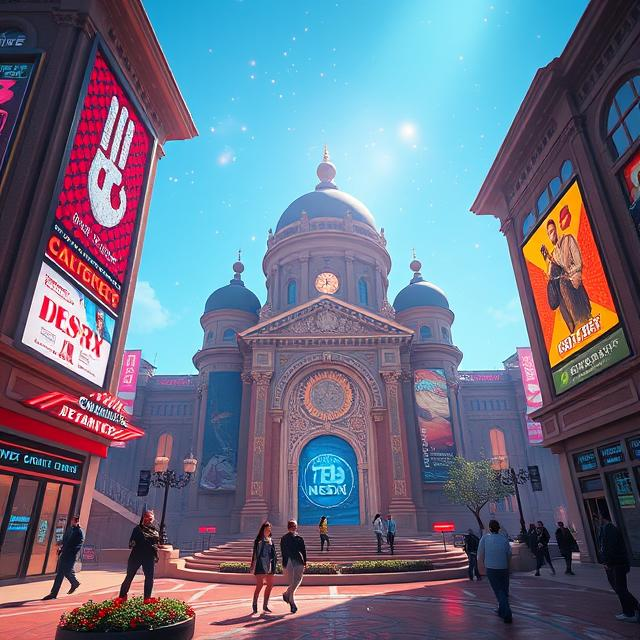Asset stores have dramatically changed the landscape of game development, particularly for small teams and indie developers. They provide ready-made assets—3D models, animations, music, code plugins, UI kits, shaders—that can be instantly imported into a project. This accelerates development and lowers the barrier to creating polished games.
Unity Asset Store is one of the largest and most active, featuring thousands of assets ranging from environment packs and particle systems to AI systems and visual scripting tools. Developers can purchase or download free assets to prototype ideas quickly or add production-level content to their games.
Unreal Marketplace offers a similarly robust selection of assets, many of which are created by Epic Games or professional studios. Unreal often gives away high-quality asset packs for free each month, making it even more valuable for developers looking to experiment.
Godot Asset Library, while smaller, focuses on open-source plugins and tools, consistent with Godot’s community-driven nature.
Benefits of using asset stores include:
- Faster development – Focus on game design instead of building everything from scratch
- High quality – Many assets are made by experienced developers or studios
- Customization – Assets can often be modified or extended to fit your needs
- Learning resources – Reviewing how assets are built can help beginners learn engine workflows
However, over-reliance on store-bought content can lead to generic-looking games if not customized. Licensing and compatibility also need to be considered.
Used wisely, asset stores empower developers to move faster and smarter—allowing them to focus on what truly matters: gameplay, originality, and player experience.

Leave a Reply